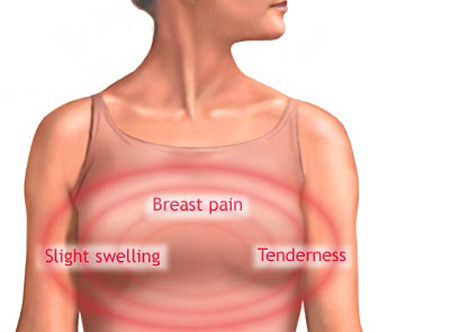Before the end of this year, the government, through the Ministry of Health, will begin work on an Oncology centre, a move that Health Minister Dr Frank Anthony says will forever change how cancer patients are managed in the country.
An Oncology centre is a medical facility dedicated to the diagnosis, treatment, and research of cancer, where patients receive specialised care in treatments like chemotherapy, radiation therapy, and surgery.
Dr Anthony made the disclosure last Tuesday when the Georgetown Public Hospital Corporation’s Pathology Lab received its GYS 170 Certification.
“We’ve also been working with Mount Sinai on another project…where they’re going to give us advice on how to build an Oncology centre; what are the type of equipment we should have in that centre,” Minister Anthony shared.
“So that is something that you’ll see later in this year that we’ll start crystalising and getting that started. And I think once we have that centre up and running, it will change how we manage cancer patients forever in this country,” he added.
Cancer continues to be a major health concern in Guyana, Dr. Anthony had pointed out at a recent press conference.
“In terms of cancer, as you know, this is one of the big challenges that we have in our country and again we have done quite a lot of work in terms of cancer care,” he said.
Breast cancer remains the leading type of cancer among women, with at least 253 new cases diagnosed in 2024. Prostate cancer follows closely, with 200 cases reported, while 107 women were diagnosed with cervical cancer. Additionally, 98 persons were diagnosed with colorectal cancer last year.

Dr. Anthony emphasised the importance of prevention and early detection, particularly for breast cancer. To aid in this effort, mammography services will be expanded with the acquisition of four mammography machines.
With only one mammography machine operational at GPHC, the four new machines will be installed at the New Amsterdam, Suddie, Lethem, and Linden hospitals.
Last year, 13,688 PSA tests were conducted across all regions, with 2,607 cases identified with elevated PSA levels. Of these, 536 individuals underwent biopsies, resulting in 126 new prostate cancer diagnoses.
In addressing cervical cancer, HPV testing was introduced, with 9,962 tests conducted. Among these, 1,755 individuals tested positive. The ministry expects more cases to be identified through continued routine surveillance.
Colorectal cancer remains a concern, as cases are often detected at advanced stages when symptoms become severe and treatment options are limited.








